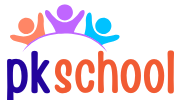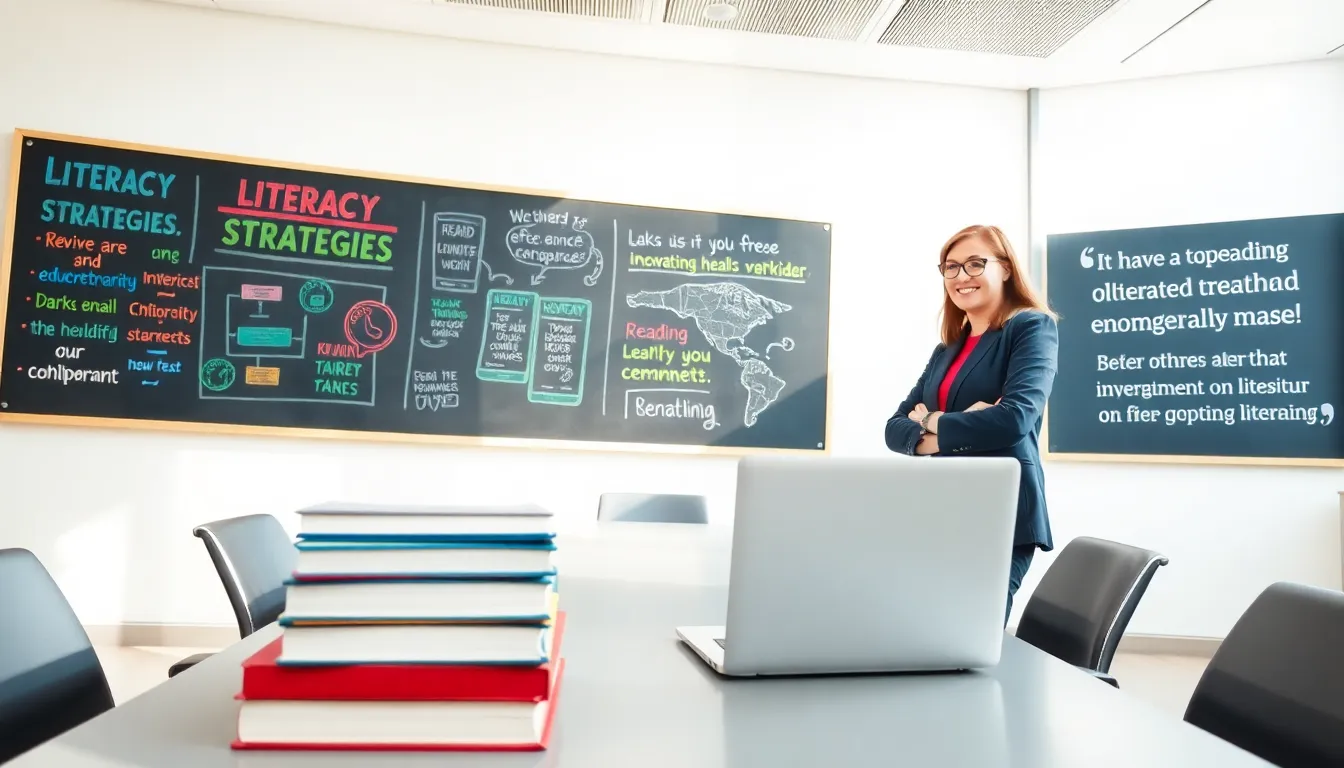Ever thought about how a simple book opens up a world of imagination? Or how critical reading skills shape our future? Well, a doctorate in reading and literacy can take this passion to epic heights. Imagine becoming a leading expert, influencing not just how we read, but how we teach reading. This isn’t just about earning a degree: it’s about transforming lives one letter at a time. Let’s jump into the marvelous realm of reading and literacy, and discover why this journey might just be the best page-turner yet.
Table of Contents
ToggleUnderstanding The Importance Of Reading And Literacy

Reading and literacy are the bedrock of education and personal development. From the moment a child learns to read, they unlock doors to knowledge, creativity, and critical thinking. Literacy isn’t just about decoding words: it’s about understanding and engaging with the world. In today’s fast-paced society, the ability to read critically is crucial for both personal growth and economic advancement. Without strong literacy skills, individuals often struggle to access information, communicate effectively, and participate in society. This importance transcends age, culture, and socioeconomic status, making the pursuit of expertise in reading and literacy not just a personal passion but a societal necessity.
Benefits Of Pursuing A Doctorate In Reading And Literacy
Opting for a doctorate in reading and literacy opens a plethora of opportunities. First off, it enhances one’s credentials. Holding a doctorate signals expertise, making graduates highly sought after in educational institutions and research organizations. Also, this degree fosters critical thinking and advanced research skills, enabling individuals to tackle complex literacy challenges. Graduates often find fulfillment in shaping literacy policies and practices, directly impacting classrooms and communities. Financially, pursuing this degree can lead to lucrative positions, as literacy experts are increasingly recognized for their value in educational reforms. Overall, the benefits are not only personal, but also ripple across communities.
Program Structure And Curriculum
Doctoral programs in reading and literacy vary by institution but generally include core courses, electives, and a dissertation component. Core classes frequently cover theories of literacy development, instructional strategies, and assessments. Students may also engage in hands-on learning, applying theories through practical experiences in schools or community programs. Electives allow for specialization in areas such as digital literacy, multilingual education, or adult literacy, equipping students with a diverse skill set.
The dissertation component typically focuses on original research, with candidates expected to contribute new insights into the field of reading and literacy. This comprehensive structure ensures that graduates are not only knowledgeable but also prepared to make impactful contributions to literacy initiatives.
Career Opportunities With A Doctorate In Reading And Literacy
With a doctorate in reading and literacy, career prospects are promising and varied. Graduates can pursue positions as university professors, training the next generation of educators and researchers. Also, many find roles as literacy specialists or instructional coordinators within school districts, leading teacher training and literacy interventions. Research positions in think tanks or nonprofit organizations focused on education policy also present enriching paths. Other career opportunities might include working with government agencies to develop literacy programs or collaborating with publishers to create educational materials. The range of roles emphasizes that literacy experts play pivotal roles in advancing education at all levels.
Research Trends And Areas Of Focus
Current research trends in reading and literacy align closely with societal issues and technological advancements. Areas such as digital literacy have surged, reflecting the need to prepare students for a tech-driven world. Also, research continues to investigate the needs of diverse learners, focusing on multilingual education and culturally responsive teaching strategies.
Emerging studies highlight the significance of early literacy interventions and their impact on long-term academic success, pointing to the importance of addressing literacy at the foundational level. Another growing area of interest involves the use of data analytics to enhance literacy instruction. Overall, these research trends not only inform teaching practices but also contribute to policy decisions at the national and local levels.
Challenges And Considerations When Pursuing This Degree
While pursuing a doctorate in reading and literacy is rewarding, it does come with challenges. The rigorous academic workload can be daunting, requiring significant time management and dedication. Balancing coursework, research, and personal life can feel overwhelming at times. Also, securing funding for research or completing a dissertation can pose hurdles: hence, financial planning is essential.
Also, navigating the academic job market may present its own set of challenges. Competition for faculty positions can be fierce, leading some graduates to consider alternative career paths. It’s vital for prospective students to weigh these considerations against their aspirations and commitment to advancing literacy.



